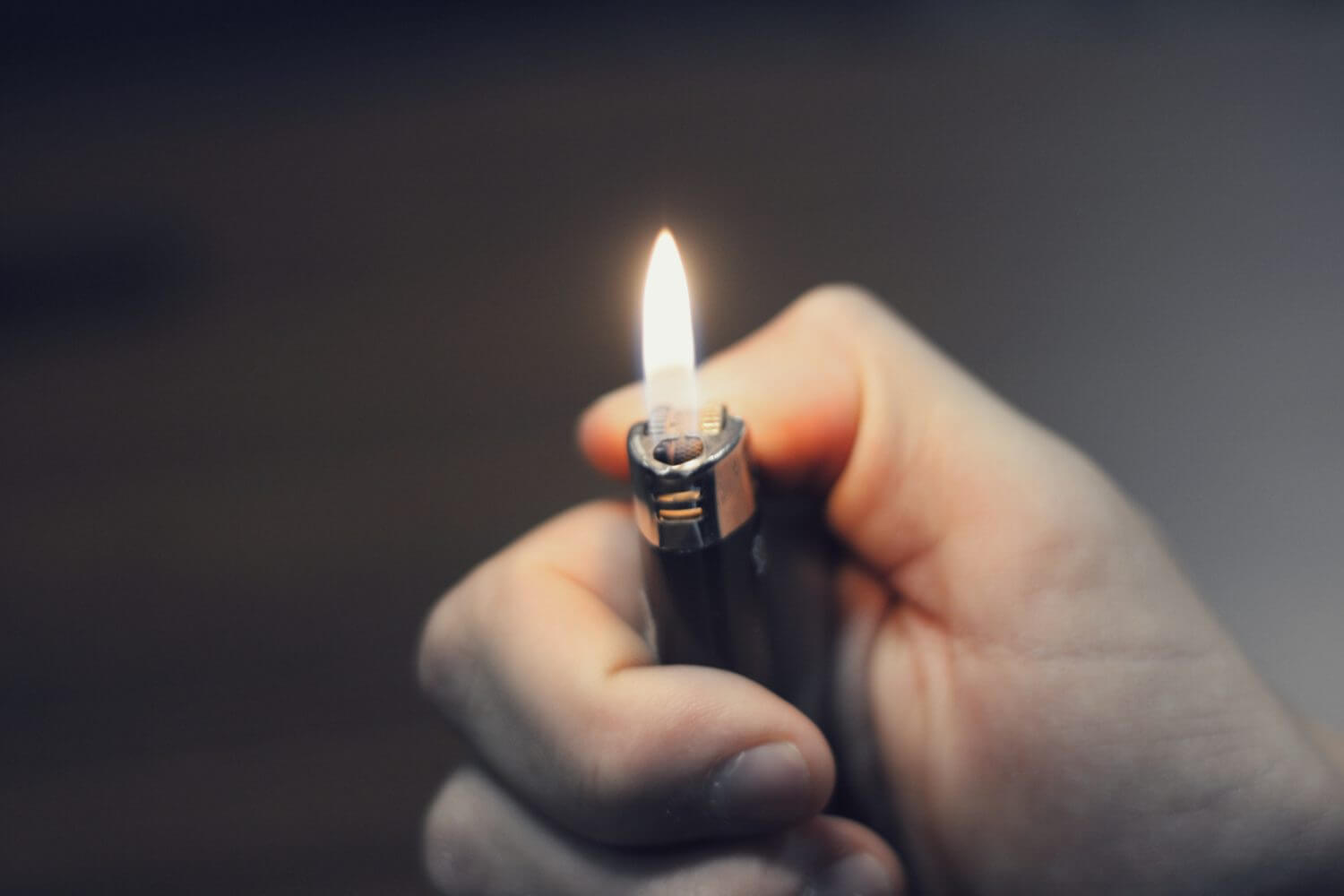One of the reasons that many people are hesitant to quit smoking – or indeed to quit using any type of addictive drug – is the fear of unpleasant withdrawal symptoms. Sometimes what you go through to quit sounds worse than the possibility of future harm from smoking, but in the long run it’s really a brief period of discomfort compared to a lifetime of possible illness, including heart and lung issues and a wide variety of cancers. It might be helpful for some to know there is a general timeline for what you’ll go through during nicotine withdrawal, so that you won’t be left to wonder if it will last forever.
First, here are some of the symptoms of nicotine withdrawal:
- Nicotine cravings
- Difficulty concentrating
- Depression and anxiety
- Irritability
- Sweating
- Tingling sensation in hands and feet
- Nausea, vomiting and cramping
- Headaches
- Sore throat
- Insomnia
- Weight gain
Most of these will reach a peak during the second or third day after you’ve quit smoking. Not everyone who quits smoking experiences all of these symptoms, but irritability, cravings, and trouble concentrating are the most common. The first 72 hours are going to be the worst.
Four hours after your last cigarette, the amount of nicotine in your system has fallen by 90 percent and you’ll start craving your next one. You might start feeling a bit restless or fidgety. This is a good time to find something to occupy your body with. Go for a run, do some yard work, even clean the house – just keep your mind and body focused on something else. This craving will pass eventually.
Ten hours after your last cigarette, you will have already experienced a couple of cravings. Some people start feeling extremely hungry during this period, because smoking leaders to higher blood sugar levels and those will have begun to drop. Your hands and feet might start feeling tingly. This is actually a good thing, as it means that your circulation is returning to normal.
Twenty four hours after the last cigarette, your body will have run completely out of nicotine. Make sure you have plenty to eat and drink, but keep it healthy. Continue to find ways to occupy your mind and body, and try not to give in to the feelings of irritability or anxiousness.
After 48 hours, the worst should be over. You’ll still have cravings and your mood might be a little off, but remember everything that you’ve already been through to get to this point. Keep up whatever you’ve been doing to distract yourself.
It might take up to 21 days for the cravings to feel completely manageable, although they may still be present. At this point, you’ve done the truly hard part. Now is when you have to remind yourself daily not to give in to stress or peer pressure or any of the other reasons you began smoking in the first place. Keep in mind why you decided to quit and how hard you worked to get here.
If you or a loved one need help with quitting drugs or alcohol, consider Asana Recovery. We offer medical detox, along with both residential and outpatient programs, and you’ll be supervised by a highly trained staff of medical professionals, counselors, and therapists. Call us any time at (949) 438-4504 to get started.



